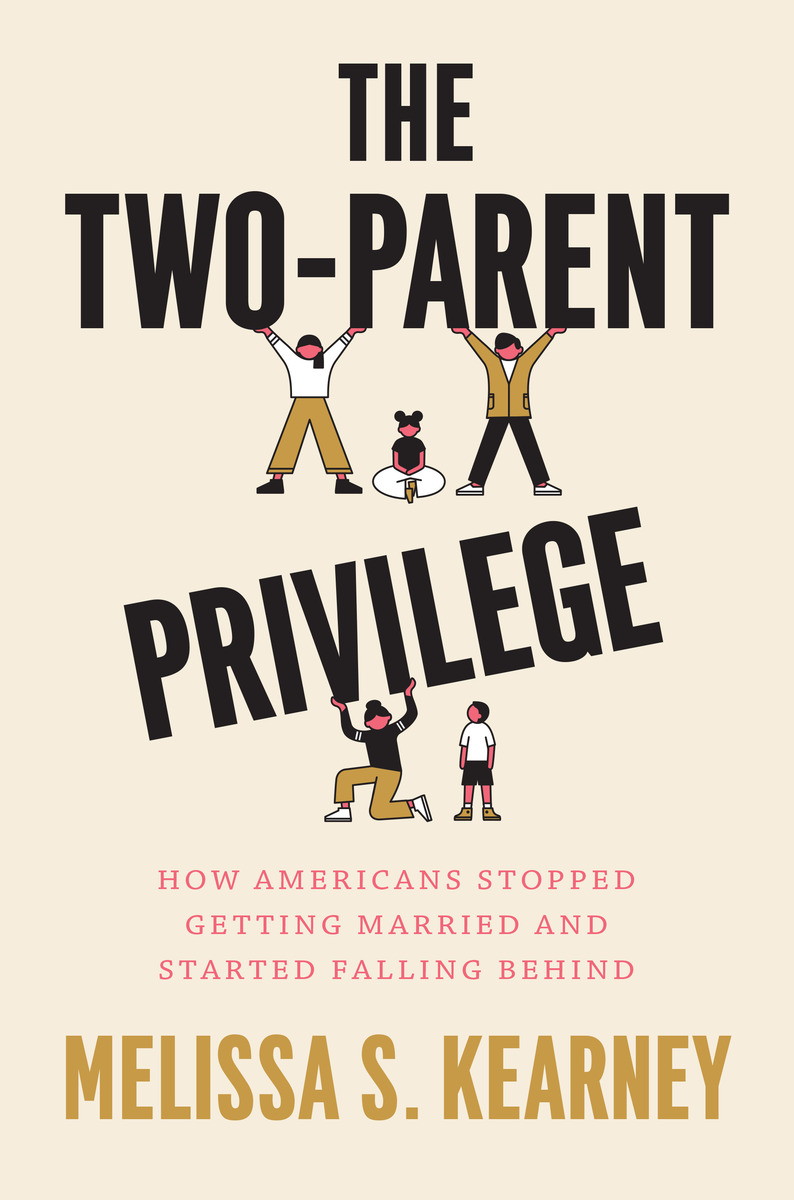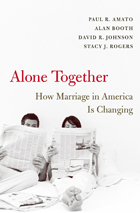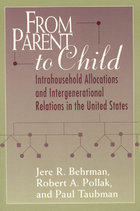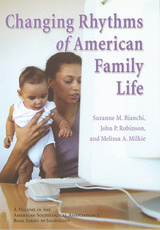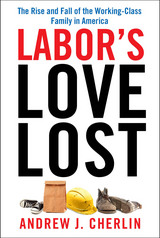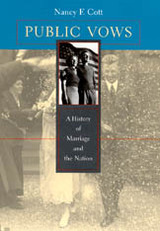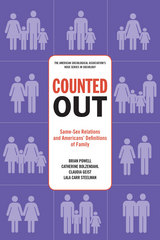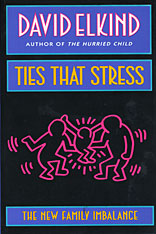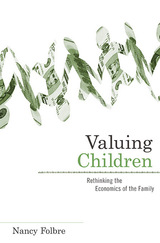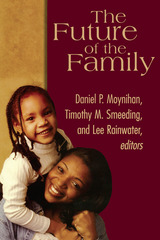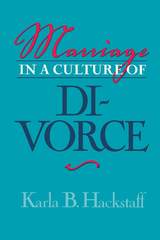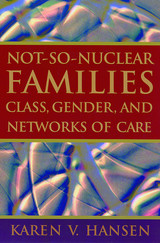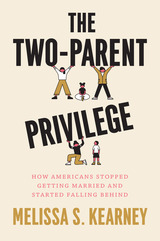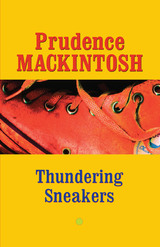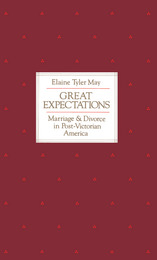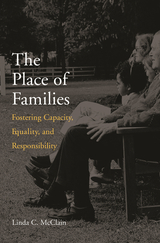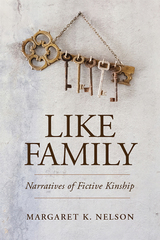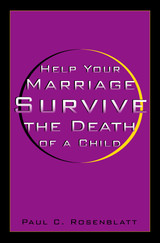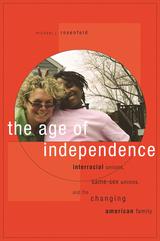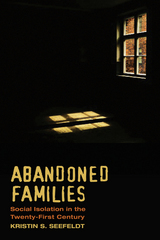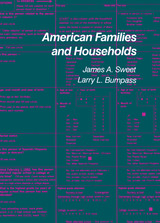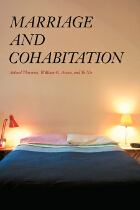“The failure to speak honestly about how the decline in marriage is affecting both children and the nation is an issue Kearney addresses forthrightly in this fabulous book. As usual, her analysis is trenchant, her common sense shines through, and her writing excels. This book may spark controversy, but in my view, it is right on the mark.”
— Isabel Sawhill, senior fellow, Brookings Institution and author of "Generation Unbound: Drifting into Sex and Parenthood without Marriage"
“Kearney has written an extraordinary and deeply important book. Any conversation about the major economic and social issues facing America today should start here. Highly recommended.”
— Tyler Cowen, George Mason University
“Kearney has written a courageous persuasive and profoundly important book. Our children will be better off, and our country will be stronger if her compelling analysis of the benefits of two-parent families is widely heard and acted on.”
— Lawrence H. Summers, Harvard Kennedy School
“Among the many great advances that American women have made since 1960, single-parenthood is not one of them. It's brutally challenging for mothers. It’s epidemic among the families who can least afford it. And it deprives children of the economic and emotional resources that foster success in adulthood. This candid book by a superb scholar sets aside judgments and bromides to confront the urgent question of how America can do better by its children.”
— David Autor, MIT
"Economist Melissa Kearney, who has done America a great service by publishing The Two-Parent Privilege. . . . In terms of benefits to children, not all family configurations are the same. Throughout the book, Kearney posits the necessary caveat that no person should remain in an unhealthy or violent marriage, but she makes plain the case that a married, two-parent household is generally superior to alternative arrangements such as cohabitation and single parenthood."
— National Review
"In The Two-Parent Privilege, Melissa S Kearney emphasises that she is not trying to pass judgment or shame single parents. But she says we must discuss America’s striking rise in single parenthood, arguing that it is disadvantaging affected children, exacerbating inequality and leaving kids stuck in poverty. The figures set out in her book are stark."
— Financial Times
"Economist Melissa Kearney makes a convincing case that children who grow up in one-parent households are — on average — at a major economic disadvantage."
— Boston Globe
"An important book. . . . We liberals often perceive the world through prisms of privilege, but we rarely discuss one of the most important privileges of all — and it’s the title of Kearney’s book, The Two-Parent Privilege."
— Nicholas Kristof, New York Times
"The research enumerated in The Two-Parent Privilege enriches our understanding of working-class decline and, more broadly, the nation’s political and cultural polarization."
— City Journal
“Pathbreaking. . . . Kearney further argues that if we do not act to bridge the growing class divide in American family life and revive the fortunes of marriage, ‘our class gaps will widen, social mobility will erode, and the social cohesion of our country will be further undermined.’”
— Brad Wilcox, David Bass, and Derek Monson, Deseret News
"Kearney lays out the argument clearly and forcefully. There really is a two-parent privilege, in the sense that children of high socioeconomic status (SES) are much more likely to live with two parents than those of low SES. The children in one-parent households do substantially worse, on average, than those in two-parent households. . . . Kearney deserves applause for writing this book. We can bemoan the fact that talking about family upsets academics, but at the same time, we should admire the bravery of one who lays out the facts for an unsympathetic audience."
— Institute for Family Studies
"A new book from a leading economist argues that two-parent households are essential for creating the hard-working, educated labor force that fuels long-term economic growth. . . . A top scholar of the economics of family structure, Kearney argues that the public discussion of these issues — especially in elite circles — tends to avoid this truth out of a desire to avoid stigmatizing single parents."
— Axios
"The evidence is overwhelming that the decline of marriage over the past few decades has been very bad for children and, by extension, for society. For various reasons, however, this truth is too often left unsaid. In her new book,
The Two-Parent Privilege, University of Maryland economist Melissa S. Kearney lays out all the dispiriting facts."
— Megan McArdle, Washington Post
"Marriage is, writes University of Maryland economics professor Melissa S. Kearney, with clarifying bluntness, 'the most reliable institution for delivering a high level of resources and long-term stability to children.' She marshals the voluminous evidence in her new book, The Two-Parent Privilege.”
— Alyssa Rosenberg, Washington Post
“The word ‘important’ is overused in describing books. Melissa Kearney’s The Two-Parent Privilege truly deserves to be called important. A thoughtful, non-judgmental account of the undesirable consequences of the decline in children being raised by married couples.”
— Jason Furman, Harvard University, Goodreads
“If you care about the future of this country at all, you should buy [this book].”
— Washington Examiner
“If The Two-Parent Privilege can at least help relax the taboo against an honest accounting of family decline, it will be just as important a book as its blurbists claim.”
— Kay S. Hymowitz, City Journal
"Kearney, an economist at the University of Maryland, has amassed reams of evidence on the rise of single parenthood and the way it has put lower-income children at an even greater disadvantage to their high-income peers over the past four decades. Her book shows that marriage itself matters; it is not just a correlate of other factors, such as wealth and education."
— Annie Lowrey, Atlantic
“Kearney makes a compelling case that we should be concerned about the rising rate of single-parent households, at least from the perspective of child well-being. . . . Kearney’s proposals will be good not only for children but for parents as well."
— Wall Street Journal
"The thrust of the book isn’t doomsaying or disapproval, and Kearney does not advocate a return to 'traditional' families with breadwinner fathers and homemaker mothers. Yet she doesn’t shy from reporting the 'substantial disadvantages' faced by children raised by single parents, including much harder roads to attaining higher education and earning a middle-class wage. If marriage increasingly becomes a luxury good, the inevitable consequence will be to deepen society’s divides and further encumber disadvantaged children."
— The 74
“Kearney is more interested in whether the underlying causes of single parenthood can be fixed, so that more happy marriages are formed. She laments the long-term decline in the availability of good jobs for men without college education, which is thought to reduce the pool of ‘marriageable men’ and—consequently—present fathers. She also highlights that social norms now exert less pressure, even on parents in a healthy relationship, to live together. . . . Kearney concludes that both money and mores are needed for additional two-parent homes to form.”
— Economist
"The book argues that, when it comes to children’s welfare, there’s simply no better familial structure than a household with a mother and a father — or (statistics prove it’s true) two mothers or two fathers — who are present and able to bring all the benefits a parental dyad has to offer, especially when it comes to the avoidance of poverty. . . . We need to stop looking the other way or couching our thoughts in euphemism when it comes to the cost of single-parent homes. Our children, our communities and our nation deserve a big dose of compassion, some new ideas and straight talk around this issue."
— San Antonio Report
“[Kearney] does not suggest, like some cultural critics before her, that the increase in out-of-wedlock birth rates is a signal of moral decline in America, or of a willfully individualistic flouting of tradition. Rather, she points to how the decline of manufacturing in the United States—and the rise of lower-paid, more precarious working conditions—has made it much harder for blue-collar males to sustain an adequate and reliable standard of living, rendering them less inclined to marry or to stay married, and less appealing as marriage material in the first place. In some of the most compelling passages in her book, Kearney explores research on the impact of financial strain on cognitive functioning; there’s evidence that the children of parents who are poorer and more consumed by stress may be shortchanged not only materially but emotionally.”
— New Yorker
“Many single parents are short of both money and time and all too often their children are paying the price. In this superbly researched and engaging book, Melissa Kearney lays out the challenge that the inexorable rise in one-parent families brings about social mobility and inequality. There are no easy solutions, least of all a return to a time when mothers had little economic independence and no way to escape from bad relationships. But Kearney argues persuasively that there are other options, and that if we care about social inequality, the `two-parent privilege’ is too important to ignore.”
— Matthias Doepke, London School of Economics
"Having two parents who are married to each other, Kearney argues, provides offspring with economic and social advantages. And by joining their particular strengths, a married couple can give their progeny more than the sum of their parts. She argues for policy changes that would scale up community-based programs that strengthen and increase economic support for low-income families and for a broader cultural push to recognize that when it comes to raising children, no other arrangement works quite as well as matrimony."
— New Yorker, Best Books of 2023
“It’s unfair to suggest, as many of Kearney’s critics have, that she is a scold. She’s not chastising single mothers. Her book overflows with sympathy for the difficulties of raising kids alone. If she’s scolding anyone it’s the educated class that has imposed omertà on the subject of family structure. Nor is she unaware that some marriages cannot be saved and that many kids raised by single parents turn out fine.”
— Mona Charen, The Bulwark
"More children live in single-parent households than ever before. In 2019, only a little more than half of US children lived with two parents, down from 80% in 1980. Drawing in part on her own studies, the economist Melissa Kearney has written a data-rich book that takes a close look at how deeply family structure influences both children’s current well-being and their future academic and career prospects."
— Wall Street Journal, Best Books of 2023
"Kearney has written a solid synthesis of the extensive literature showing the clear advantages of marriage for adults and children. She emphasizes the economic advantages, from having more earners in a family to the efficiencies of dividing labor. . . . Recommended."
— Choice
